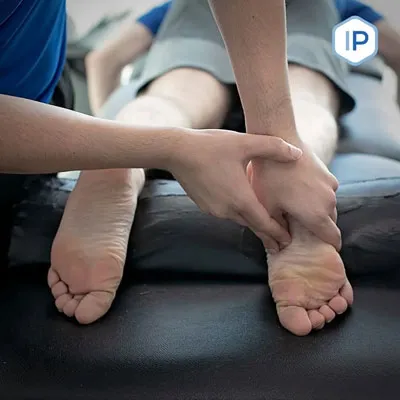During the last few weeks people have had a lot of time on their hands and many are deciding to step up their exercise game. Unfortunately we are getting reports of people over exercising and hurting themselves in the process. Our Running expert, Chartered Physiotherapist Ruth Jones based in our Leeds clinic has written a blog about things to consider to make sure you transition into running safely when you first get started to help you avoid injuries within the first few weeks to help you progress towards your health goals.
The do’s and don’ts of starting running
It’s that time of year – lighter evenings, warmer weather, and lots of time on your hands in the current situation, which means many of you are contemplating getting out to do some running! Whether your aim is to get fitter and feel healthier, to lose a bit of weight, or to find a new way to de-stress, running is a great way to achieve all of these things.
However, if you are new to the concept of running there are a few do’s and don’ts to consider before you begin:
DO make sure that you are given the go ahead by your GP to begin running, especially if you have any medical conditions such as heart or lung problems, diabetes or arthritis
DO ease yourself into running; begin by walking for a minute then running for a minute, once you have got the hang of this you can gradually increase the time spent running while reducing time spent walking
DO make sure to do at least one session of strength work per week focussing on your hip muscles, core muscles and calves; this will reduce your risk of running related injuries.
DO integrate cross training into your routine (e.g cycling, swimming or rowing) as this is great for your cardiovascular system whilst giving your body a rest from the impact of running
DO listen to your body- if you are feeling fatigued then it is okay to go a bit easier or even have a day off. Understanding that your body is needing more rest is an important part of keeping yourself consistently getting fitter as this will make sure you have steady progress – no boom or bust here!
DO NOT begin running straight away if you struggle to complete a decent paced walk; running is a lot more strain on your heart and lungs than walking so it is important to build up gradually so you do not overload these systems
DO NOT expect to be able to go out and run a long distance straight away without consequences; you need to build up your mileage gradually to reduce your risk of injury
DO NOT run every single day to begin with; try alternate days of jog/walk first then build up to 2-3 solid runs per week
DO NOT try to run through pain and injury, you may only make it worse and as a result may need to have a long time away from running, rather than a short period. If you are experiencing pain you can consult one of our expert Physiotherapists who will be able to advise you on what you can do to recover and get running again!
So, now you know the basic do’s and don’ts of taking up running it’s time to put it into practice and give it a go!


